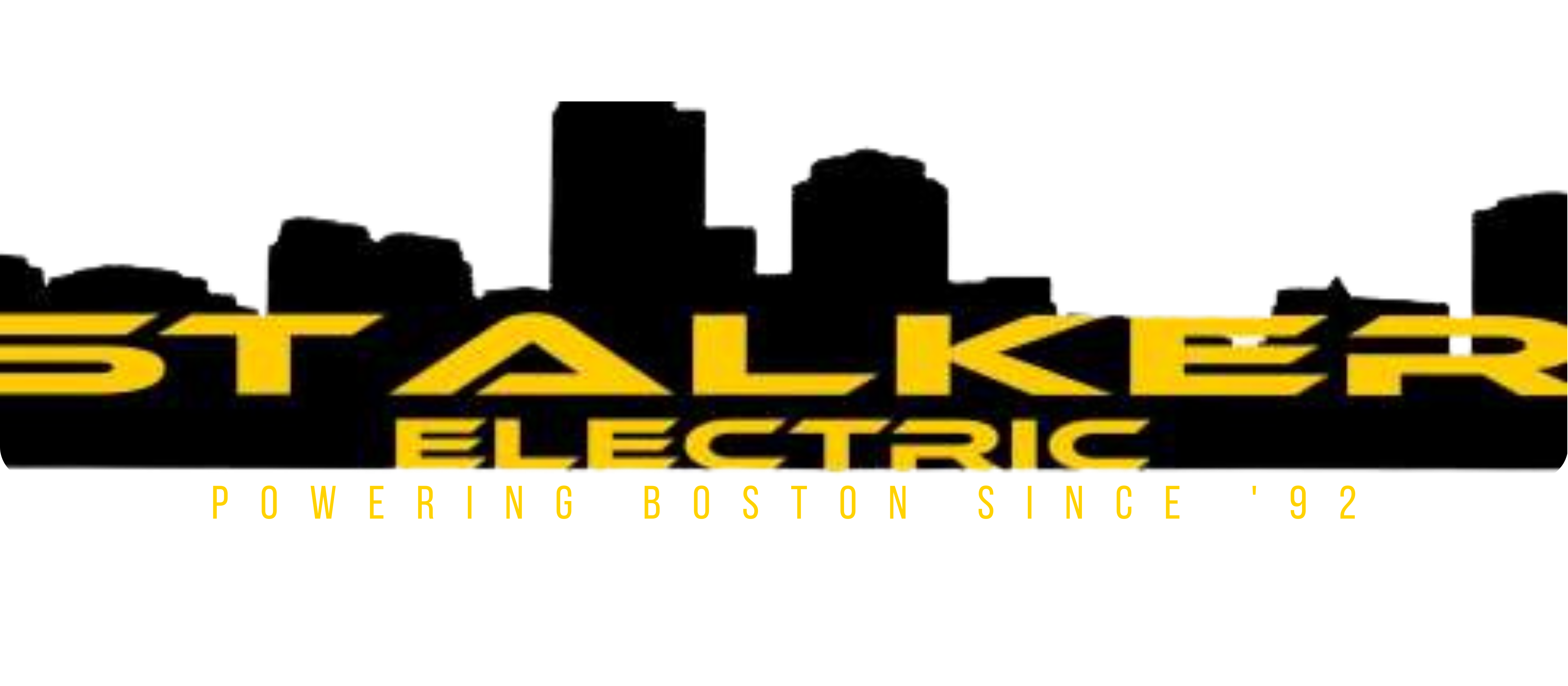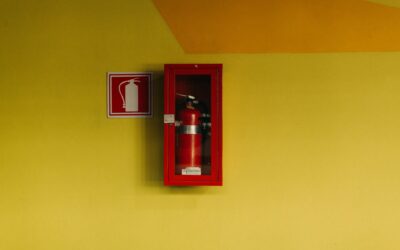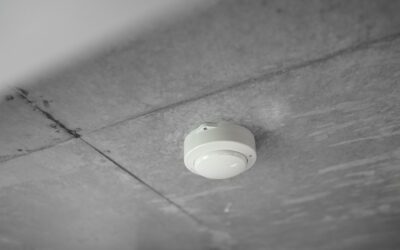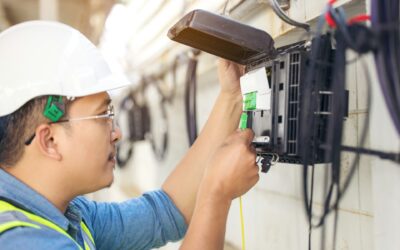Choosing the right control system for your facility is a critical decision. It affects everything from efficiency to safety and overall performance. Control systems help manage and regulate various functions within a facility, including lighting, HVAC, security, and machinery operations.
Control systems generally fall into different categories, each designed for specific applications and needs. Some are better suited for simple, straightforward tasks, while others handle more complex operations. With the advancement of technology, modern control systems offer enhanced capabilities, flexibility, and reliability.
Deciding which control system to use involves evaluating several factors. Cost, scalability, ease of integration, and future-proofing are all important considerations. Making an informed choice ensures your facility runs smoothly and efficiently with minimal disruptions. By understanding the benefits and implementation strategies, you can maintain optimal performance and safety in your facility.
Understanding Different Types of Control Systems
Control systems are essential for managing processes and operations in various settings, from industrial facilities to residential properties. There are primarily two types of control systems: open-loop and closed-loop. In an open-loop control system, the action is performed without feedback, meaning the system operates on preset conditions without adjustments based on output. This type is simple and cost-effective but lacks precision and adaptability.
Conversely, closed-loop control systems use feedback to adjust operations continuously. These systems are more accurate and responsive, as they can monitor output and make real-time modifications to maintain the desired outcome. Examples include temperature control in HVAC systems, where sensors help maintain a set temperature and automated manufacturing lines that adjust processes based on real-time data. Understanding these fundamental differences helps you choose the right system for your specific needs.
Another essential distinction is between analog and digital control systems. Analog systems use continuous signals, which can be prone to noise and signal deterioration. Digital systems, on the other hand, use discrete digital signals and are more robust and accurate. With the advent of advanced technologies, digital control systems have become the standard in most modern applications due to their reliability and precision.
Factors to Consider When Choosing a Control System
Selecting the right control system involves evaluating several critical factors to ensure it meets all operational requirements. One of the first factors to consider is the complexity of the process you need to control. For simple processes, an open-loop system might suffice, whereas more complex operations typically require closed-loop systems for their precision and adaptability.
Cost is another major consideration. While closed-loop and digital control systems offer advanced features and greater accuracy, they are usually more expensive than open-loop and analog systems. Balancing the initial investment with long-term benefits is essential. Sometimes, investing in a more advanced system upfront can lead to savings in maintenance and increased efficiency over time.
Reliability and ease of maintenance are also vital. A system that requires frequent maintenance or is prone to failures can disrupt operations and increase costs. Opt for systems known for their durability and ease of maintenance. Additionally, consider the scalability of the system. As your business grows, your control system should be able to expand and adapt to new demands without requiring a complete overhaul.
Finally, ensure the control system complies with industry standards and regulations. Compliance ensures safety and reliability, and non-compliance can lead to legal issues and increased risks. Taking all these factors into account helps in choosing a control system that not only meets immediate needs but also supports long-term goals.
Benefits of Modern Control Systems for Your Facility
Modern control systems offer numerous benefits that can significantly enhance the efficiency and safety of your facility. These systems integrate advanced technology to facilitate better monitoring, control, and automation of various processes within your environment. By implementing modern control systems, you can achieve improved operational performance and reduce the likelihood of human error, which is crucial for maintaining a safe and efficient workplace.
One major benefit is the ability to achieve real-time monitoring and data collection. Modern control systems provide continuous feedback on the performance and status of your equipment and processes. This allows for prompt detection of any issues, enabling quick interventions to address problems before they escalate. Additionally, automated control systems can manage complex processes more efficiently than manual operations, improving productivity and consistency.
Another advantage is enhanced safety. Modern control systems are designed with multiple layers of protection to detect and respond to potential hazards. They can automatically shut down systems in emergencies to prevent accidents and damage. These safety features are particularly valuable in industrial settings where hazardous materials or high-energy processes are involved. Overall, modern control systems contribute to a more secure and reliable operational environment.
How to Implement and Maintain Your Chosen Control System
Implementing a new control system involves several steps to ensure it integrates smoothly with your existing operations. First, conduct a thorough assessment of your facility to identify the specific needs and requirements. Determine the areas where automation and control improvements are most needed, and select a system that fits those criteria.
Once you’ve chosen the right control system, the installation process begins. This typically involves working with professionals who can properly configure and install the system components. Ensure that all staff members receive adequate training on how to operate and maintain the new system. Proper training is essential for maximizing the benefits of the control system and ensuring everyone can use it effectively.
Maintenance is a critical aspect of any control system. Regular inspections and servicing are necessary to keep the system functioning at its best. Develop a maintenance schedule that includes routine check-ups, software updates, and calibration of sensors and other components. Promptly address any irregularities or issues that arise to prevent system failures and ensure continuous, reliable operation.
Conclusion
Choosing and maintaining the right control system is vital for the safety, efficiency, and productivity of your facility. Modern control systems offer numerous advantages, including real-time monitoring, improved safety, and enhanced operational performance. By following a structured implementation process and committing to regular maintenance, you can ensure that your control system remains effective and reliable.
At Stalker Electric, we are dedicated to helping you achieve optimal control solutions tailored to your specific needs. If you need expert advice or assistance with installing and maintaining your control systems, reach out to us today for professional electrician support and services!






0 Comments